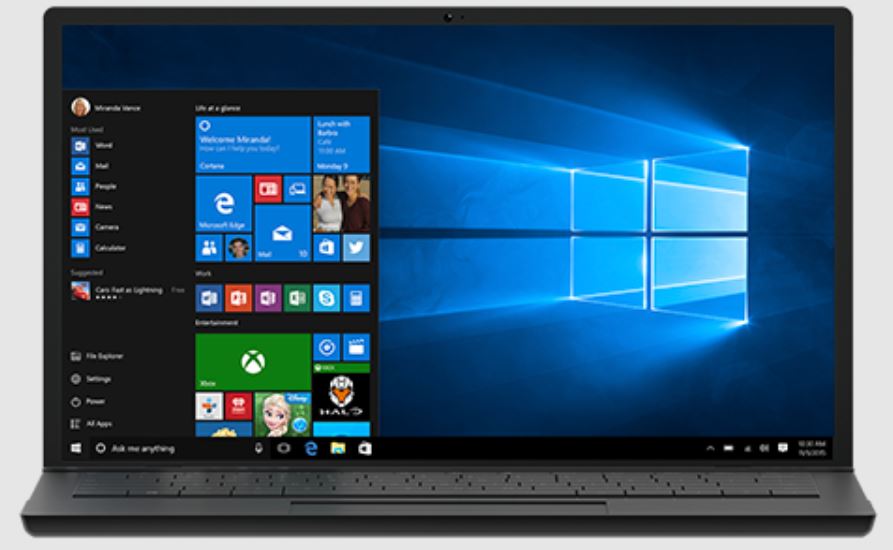Microsoft release Windows 10 Cumulative Update KB5008212 for all supported versions of Window 10
4 min. read
Updated on
Read our disclosure page to find out how can you help MSPoweruser sustain the editorial team Read more

Microsoft has released Windows 10 Cumulative Update KB5008212 for all supported versions of Window 10. Like for Windows 11, the highlight of the update is security fixes, with the changelog reading:
- This update contains miscellaneous security improvements to internal OS functionality. No additional issues were documented for this release.
The update is for Windows 10, version 2004, Windows 10, version 20H2, all editions Windows 10, version 21H1, all editions Windows 10, version 21H2, all editions, taking them to OS Builds 19041.1415, 19042.1415, 19043.1415, and 19044.1415 respectively.
It has the following confirmed Known Issues:
|
Devices with Windows installations created from custom offline media or custom ISO image might have Microsoft Edge Legacy removed by this update, but not automatically replaced by the new Microsoft Edge. This issue is only encountered when custom offline media or ISO images are created by slipstreaming this update into the image without having first installed the standalone servicing stack update (SSU) released March 29, 2021 or later. Note Devices that connect directly to Windows Update to receive updates are not affected. This includes devices using Windows Update for Business. Any device connecting to Windows Update should always receive the latest versions of the SSU and latest cumulative update (LCU) without any extra steps. |
To avoid this issue, be sure to first slipstream the SSU released March 29, 2021 or later into the custom offline media or ISO image before slipstreaming the LCU. To do this with the combined SSU and LCU packages now used for Windows 10, version 20H2 and Windows 10, version 2004, you will need to extract the SSU from the combined package. Use the following steps to extract the using SSU:
If you have already encountered this issue by installing the OS using affected custom media, you can mitigate it by directly installing the new Microsoft Edge. If you need to broadly deploy the new Microsoft Edge for business, see Download and deploy Microsoft Edge for business. |
| After installing the June 21, 2021 (KB5003690) update, some devices cannot install new updates, such as the July 6, 2021 (KB5004945) or later updates. You will receive the error message, “PSFX_E_MATCHING_BINARY_MISSING”. | For more information and a workaround, see KB5005322. |
| After installing this update, when connecting to devices in an untrusted domain using Remote Desktop, connections might fail to authenticate when using smart card authentication. You might receive the prompt, “Your credentials did not work. The credentials that were used to connect to [device name] did not work. Please enter new credentials.” and “The login attempt failed” in red. | This issue is resolved using Known Issue Rollback (KIR). Please note that it might take up to 24 hours for the resolution to propagate automatically to non-managed personal devices and non-managed business devices. Restarting your Windows device might help the resolution apply to your device faster. For enterprise-managed devices that have installed an affected update and encountered this issue, it can be resolved by installing and configuring a special Group Policy linked below. Note Devices need to be restarted after configuring the special Group Policy. For help, please see How to use Group Policy to deploy a Known Issue Rollback. For general information on using Group Policies, see Group Policy Overview.
Group Policy installation files: Important Verify that you are using the correct Group Policy for your version of Windows. |
The update is being pushed out automatically, or you can download it from the Microsoft Catalogue here.
Microsoft would like to remind users that Windows 10, version 2004 has reached end of servicing as of this release on December 14, 2021. To continue receiving security and quality updates, Microsoft recommends that you update to the latest version of Windows 10.








User forum
0 messages